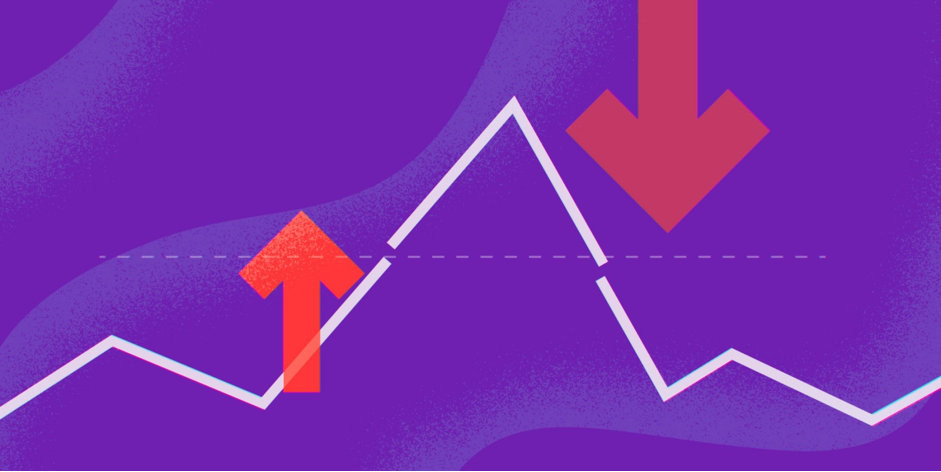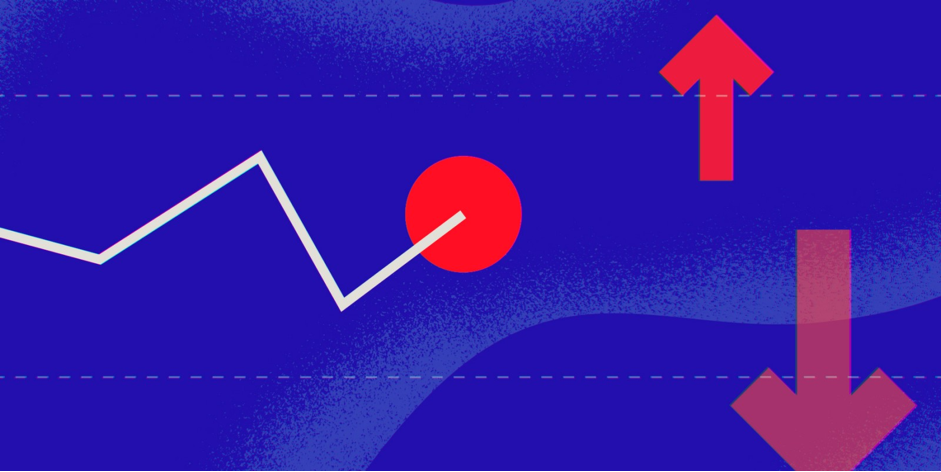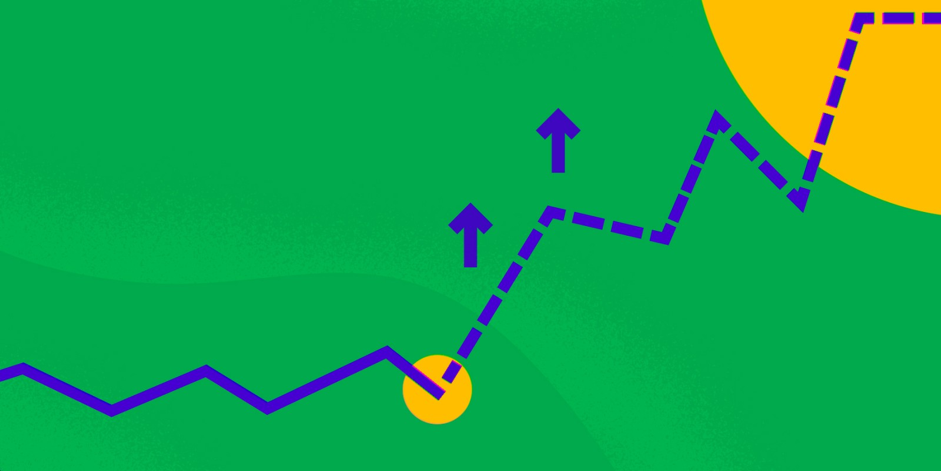The trading style on IqOption is a reflection of your personality. a number of people seek to action and fast-moving environments, others prefer to carry out in-depth analysis deeply before making a decision, several prefer to read, others are visual. Actually, everybody is very different.
Three trading styles explained below are very broad, and generally each traders approaches one of them. In order to become a consistent trader, you first of all need to decide what your trading style is according to your personality.
Scalping
Scalpers consider the market regarding seconds (or fractions of seconds) and minutes, rather than hours or days. This type of traders analyze short-run price movements, and take small profits or losses a lot of times during a trading session.

Scalping applied to be the realm of Pit Traders, who would work the spread on futures contracts. As you may already guessed, speed is a substantial benefit of this style of trading, and has nearly exclusively become the playing field for HFTs and algorithmic traders. At the retail level, scalping in the Forex market may appear to be hard, specifically at the very start. Nevertheless, it is likely to be a successful scalper if you apply a disciplined method and a reliable strategy. Scalping is VERY active, traders have to continually observe their screens for setups.
Novice traders regularly try to be scalpers. The strategy gives beginners namely what they want, action. A majority of new traders figure out fast enough that in reality scalping needs many skills, patience and knowledge.
Swing trading
Swing traders commonly hold trades from anywhere between some hours to some days. They think the price will move in a particular direction during comparatively short time period, with the price reaching their prearranged take profit or stop loss levels. Swing trading is a fairly active strategy. It depends on the strategy, but it may offer from 1 to 30 (or even more) trade setups in a week. How active a swing trader is willing to be depends completely on his individual preferences.

Swing traders usually apply technical analysis and watch graphs for entry and exit points. Reasons for entering and exiting deals are mainly based on technical patterns. This is possibly the most common trading style for retail Forex traders, particularly those at the very start of their trading path. Basically, it doesn’t mean that experienced traders do not support this trading style and strategies related with it. Using together some factors of fundamental analysis and technical setups may as well improve this kind of trading.
Position trading
Position traders are the Forex equivalent of “investors”. They are concentrated on the longer run, and commonly apply some form of macroeconomic analysis to decide on deals. These deals may take anywhere between one month to a number of years to come to materialization. Institutional traders regularly fall into this category, because of the both the size of the positions they hold and the level of complexity they have.

Macro hedge funds put substantial resources into economic predicting and analysis, and regularly take deals over the long-run based on this examination. This as well lets them trade larger positions, work in and out of positions over time, and exit for larger payoffs. The most marvelous deals of all time are from this category: the long US Treasury Bond, George Soros “breaking” the Bank of England, even the “Big Short”… These may all be explained as long-run deals based on macroeconomic aspects.
Leave a Reply